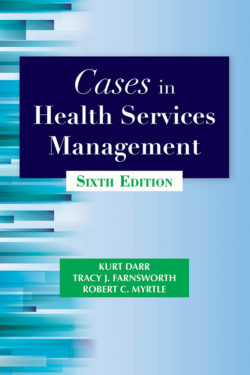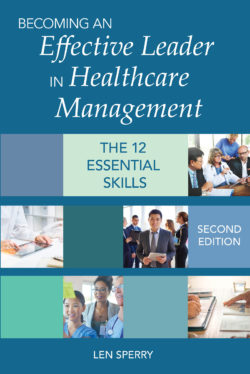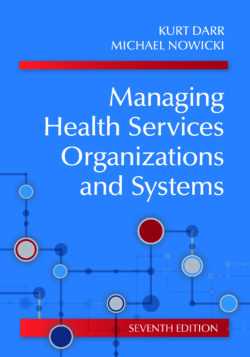Product Description
Named a 2023 Doody’s Core Title®!
The ethical dimensions of managing healthcare services are often daunting, but the sixth edition of this highly regarded text provides the principles to educate students and guide practitioners as they strive to make the “right” decisions.
From historical to contemporary examples, readers learn essential steps to effectively identify and solve ethical problems. More than 75 case studies and vignettes allow opportunities to analyze and apply ethical decision making across a range of care delivery settings and topics, including patient autonomy, end-of-life decisions, consent for treatment, resource allocation, whistle-blowing, confidentiality, and more. An extensive index helps readers locate and explore specific topics.
Building upon the core principles of respect for persons, beneficence, nonmaleficence, and justice, as supplemented by virtue ethics, readers learn:
- how to understand and shape an organization’s value system
- how to develop and apply personal and professional codes of ethics and address conflicts of interest
- the manager’s duties to and relationships with patients, staff, community, and profession
- means and methods for resolving administrative and biomedical ethical issues
- considerations of emerging ethics issues influenced by managed care, resource allocation, and social responsibility
- special challenges in end-of-life decisions, including advance medical directives (AMDs), physician-assisted suicide (PAS), euthanasia, and allow natural death (AND)
The most comprehensive book on health services ethics, this text is indispensable for education in health services organization and management, strategic planning, finance, marketing, and nursing administration.
- More than a dozen new cases and vignettes reflecting contemporary ethical issues
- Enhanced and updated tables, figures, and problem-solving model
- Greater focus on health policy and issues of rationing, regulation, and unintended consequences of policy decisions
- Instructive new examples of mission and vision statements and their connection to HRM
- Enhanced attention to administrative and clinical conflicts of interest
- Updated and expanded bibliography
- 14 PowerPoint presentations (1 for each chapter)
- 15 tests (1 for each chapter and 1 for the Introduction)
- 15 answer keys (1 for each test)
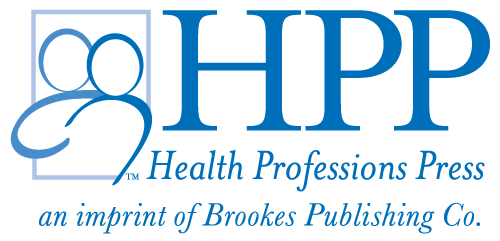
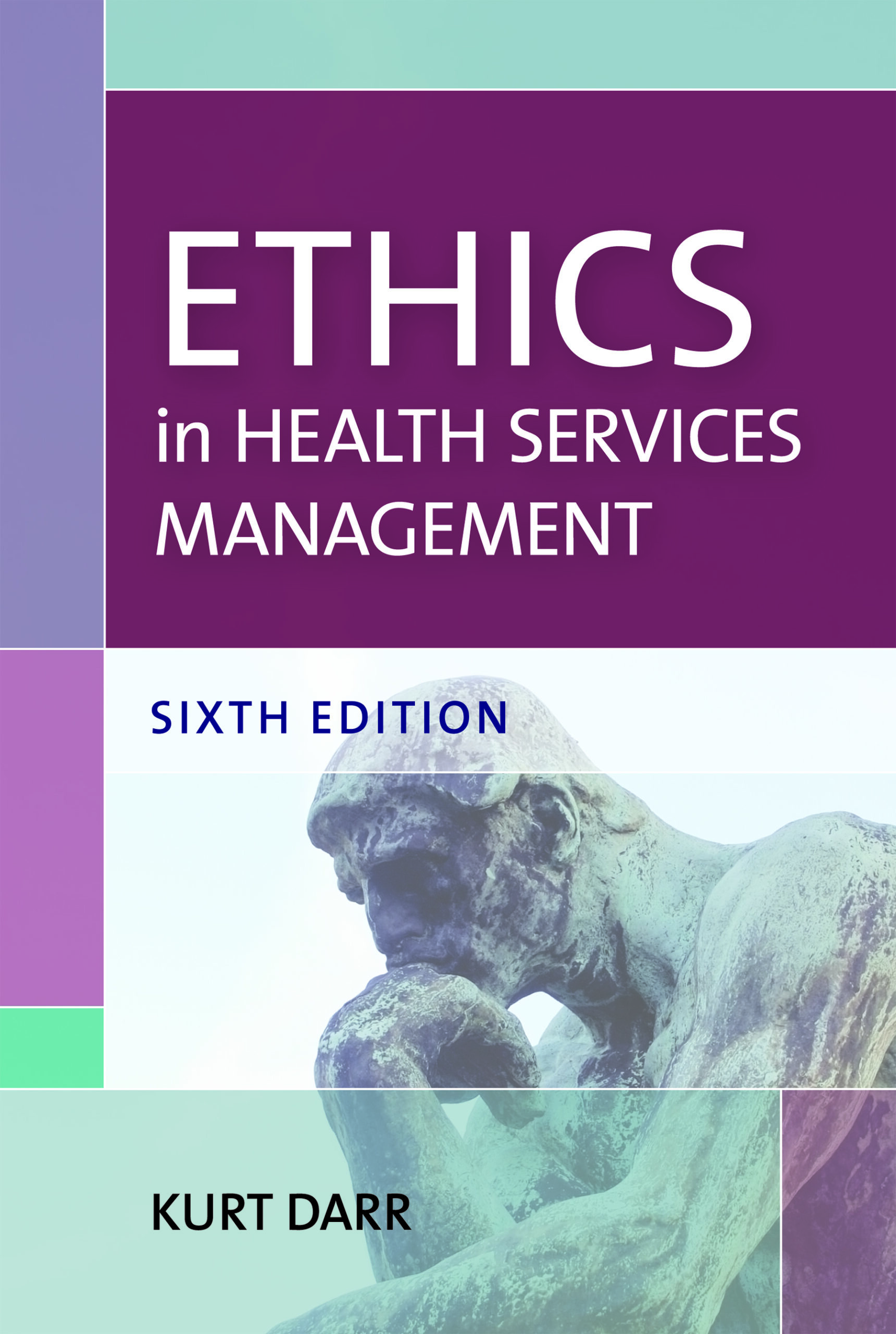
 Kurt Darr, JD, ScD, LFACHE, is Professor Emeritus of Hospital Administration, and of Health Services Management and Leadership, Department of Health Services Policy and Management, School of Public Health, The George Washington University.
Kurt Darr, JD, ScD, LFACHE, is Professor Emeritus of Hospital Administration, and of Health Services Management and Leadership, Department of Health Services Policy and Management, School of Public Health, The George Washington University.
